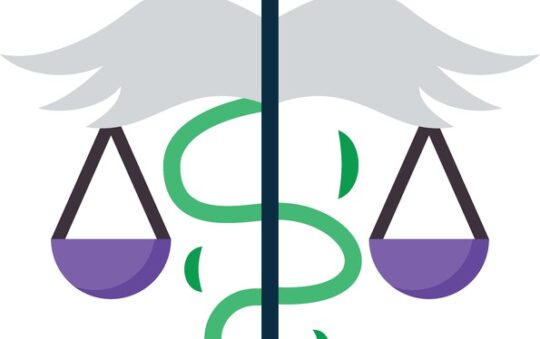Many people experiencing a marital breakup or other family law issues struggle to decide whether to employ a lawyer or represent themselves “outside the formal system.” Many consumers are hesitant to retain legal representation, even if their case ultimately winds up in court.
Some believe that lawyers are too expensive and the idea that the people involved know their own families better than any attorney could. Finally, as our culture increasingly prioritizes open access to information and do-it-yourself approaches to everything from home improvement to legal representation, courts and governments are providing more resources to help individuals act as their attorneys.
When to hire a family lawyer?
Divorce is the most common matter heard in family courts. Family law, however, covers a wide variety of domestic concerns, and few individuals are aware of this. If you have a complicated family conflict involving your children, your parents, or any other type of blood-related, you should talk to a family lawyer.
1. Divorce
Divorce, the legal process for the dissolution of marriage, is often complicated and time-consuming. Each state has its regulations regarding divorce. Spouses must petition for divorce to legally end their marriage.
Commonly, couples are allowed three to six months to work out their differences. If neither partner is willing to reconcile, the couple should seek the advice and proceed with the divorce. Divorce asset division often requires divorce lawyers in Baton Rouge, Louisiana. The division of property is frequently the most contentious aspect of a divorce.
2. Estate Management
Property disputes are a surefire way to determine whether family relationships are strong. Most older adults don’t think they need a will, yet it’s sometimes the only way a deceased person can bring closure to their loved ones.
A significant cause of conflict arises when a person dies without leaving instructions to distribute their possessions. To implement equitable estate management and administration, a family lawyer can be a neutral mediator in dividing property between family members and advise them on the next steps.
3. Spousal Support or Alimony
Establishing spousal support, often known as alimony, is crucial to finalizing the divorce or separation process. Alimony, as the name implies, is financial support paid to one spouse by the other to allow them to continue living at the same standard as they did before and after the marriage ended. The court will set the amount, frequency, and support length based on evaluating the situation.
4. Child Support and Custody
If the divorcing couple has minor children, both partners should discuss and agree on who will have primary physical custody of the kids. Each parent must initiate a custody action if you want to share parental responsibilities but before that you need to find your family law attorney. The custodial parent has the right to set visitation schedules for the non-custodial parent.
When these children reach legal age, the family court must provide guidelines for their care. Child support will be paid to the custodial parent. Like spousal support, the court will examine the non-custodial parent’s income and the number of children.
5. Adoption
Those who wish to grow their families may find adoption to be a fascinating alternative. But taking in another family member may involve a complicated legal process. Every state requires a home study and visits to examine an adoptive family’s capacity and prepare them for the procedure. Legal and complete adoption authorization by the family courts is necessary. You should get the help of a family lawyer to complete the adoption procedure.



